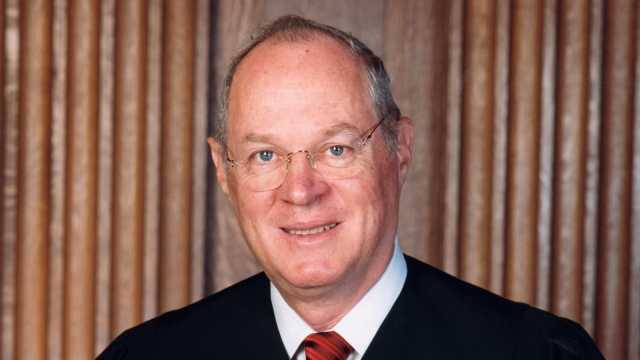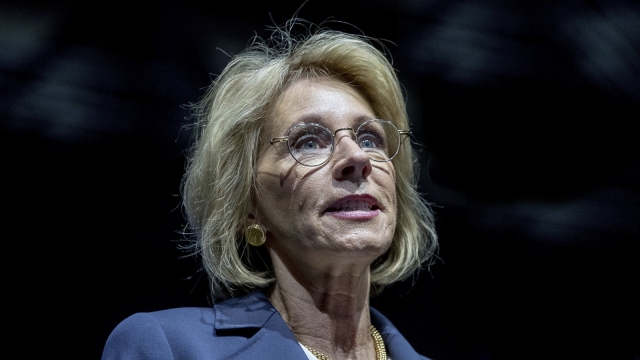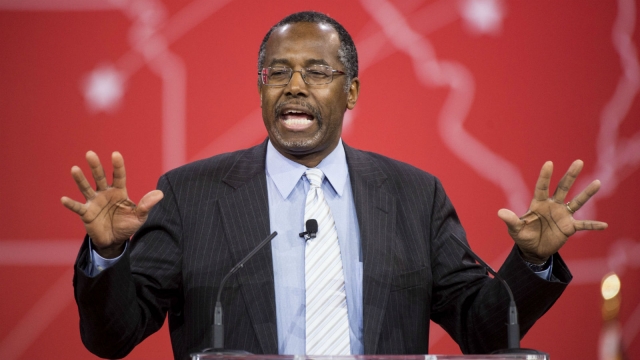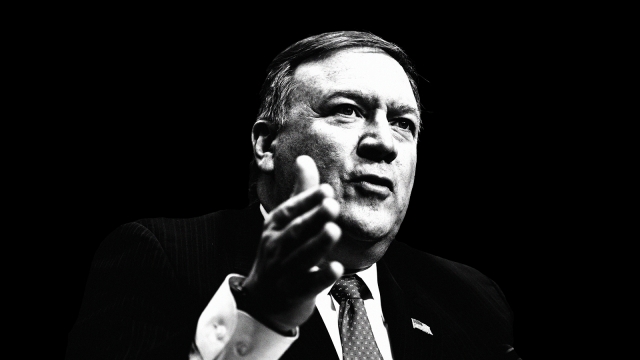With our Most Fundamental Rights on the Line, the American People Should Decide at the Ballot Box

Today, HRC called on the Senate not to consider the next Supreme Court nominee until after the American people vote in the midterm elections this November. Donald Trump has signaled his intention to nominate Supreme Court justices who would undermine significant progress — from health care to LGBTQ equality to the Constitutional right to safe, legal abortion. HRC calls on Senate Leadership to allow the American people to decide at the ballot box whether they want a nominee who will undermine their fundamental rights and freedoms — or one who will protect them.
“Justice Kennedy’s retirement should serve as a wakeup call for every pro-equality voter in America,” said HRC President Chad Griffin. “Trump wants a Supreme Court nominee who will undermine progress we’ve made on affordable health care, LGBTQ equality, Roe and more. The American people don’t — and they should have an opportunity to say so at the ballot box in November. The 2018 midterm elections just became the most consequential election of our lifetime. We must keep organizing, mobilizing, and holding lawmakers to account every single day — and then we need turn out like never before this November.”
The Human Rights Campaign believes judicial nominees should:
- Demonstrate commitment to full equality under law for lesbian, gay, bisexual, transgender and queer Americans; individuals living with HIV and AIDS; women; people with disabilities; and racial, ethnic and religious minorities;
- Demonstrate commitment to the constitutional right to privacy and individual liberty, including the right of two consenting adults to enter into consensual intimate relationships;
- Respect the constitutional authority of Congress to promote equality and civil rights and provide statutory remedies for discrimination and violence;
- Demonstrate a sophisticated understanding of and commitment to the separation of church and state and the protection of those citizens with minority religious views;
- Respect state legislatures’ attempts to address discrimination and violence based on sexual orientation, gender identity, disability, race, color, national origin, religion and other factors through carefully crafted legislation that meets the requirements of the Constitution.
Over 30 years on the Supreme Court, Justice Kennedy cast countless tie-breaking votes on major decisions, and authored the majority opinion in the four most influential cases affecting LGBTQ people in the past three decades:
- Romer v. Evans, finding that bare animus can not be a justification to pass measures that discriminate aginst LGBTQ people;
- Lawrence v. Texas, finding laws that criminalize intimate relationships between same-sex couples to be unconstitutional;
- US v. Windsor, finding that the Defense of Marriage Act, which prohibited legally married same-sex couples from being recognized as married by the federal government, to be unconstitutional; and
- Obergefell v. Hodges, finding that same-sex couples have a constitutional right to marry regardless of where they live in the United States.
As this process moves forward, HRC will work in coalition with civil rights groups across movements to advocate for the appointment of a fair-minded Constitutionalist to the nation’s highest court.
Read more



